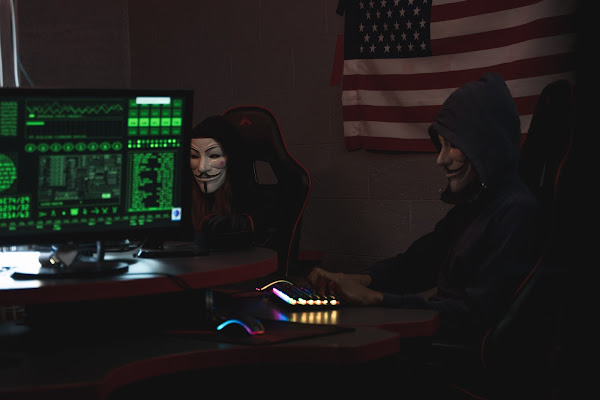While Buckingham Palace insiders claim that it is impossible to determine who was behind the attack at this time, the pro-Kremlin group Killnet has taken responsibility for it in a message posted on the social media site Telegram. The 'Five Eye Alliance' (an intelligence alliance made up of the UK, the US, Canada, Australia, and New Zealand) has previously identified the group as a significant cyber-security threat, and the US Department of Health has previously noted that Killnet has made a number of threats to organizations, including the NHS.
Thankfully, the DoS attack on the royal family website only caused service disruption. No privileged information was accessed, and no control over the website was obtained. These kinds of attacks tend to be more disruptive than damaging, but they can still bring down websites, which can be disastrous in some circumstances.
However, this was not the first the royal family had suffered a cyberattack. The website was also taken down in November 2022 by Killnet, and the Met Police foiled a cyber plot to interrupt the royal wedding of the current Prince and Princess of Wales in 2011.
For many years, but particularly since the Ukraine war, there has been a looming threat of a cyberattack by Russia or by organizations that support Russia. Oliver Dowden, the deputy prime minister, stated at the April Cyber UK conference in Belfast that these attacks may now be motivated by "ideology." The royal family has consistently shown its support for the Ukrainian people. The Princess of Wales met privately with the First Lady of Ukraine in September of last year, and this year, the Prince of Wales paid a visit to Ukrainian troops stationed near the border. In February, King Charles convened meetings with President Zelensky at Buckingham Palace.
The attack came to light only two weeks after King Charles made a public remark over the war, in his speech on the royal visit to Paris. In his comment, he mentioned Russia’s ‘unprovoked aggression’ and said that ‘Ukraine must prevail.’











